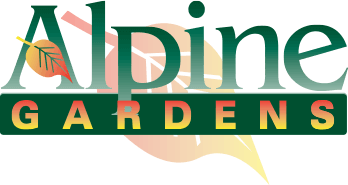Your summer garden is your pride and joy. While you toil in the sunshine to cultivate its beauty, a swarm of tiny helpers, known as pollinators are right there alongside you. Pollinators are essential to the growth of nuts and fruits, as well as the flourishing of many of your beautiful flowers.
We thought that these silent heroes don’t get enough credit for their hard work and dedication, so luckily, we’re here to tell you a little bit more about them.
Who: Pollinators come in many shapes and sizes and range from bees to beetles. Each animal has a unique way of getting the pollination job done. For example, bees and moths have a fuzzy exterior that collects the pollen on their bodies as they buzz around. Therefore, bees sometimes look like they are wearing a fluffy coat when really it is just a part of their daily pollinating responsibilities. Other pollinators, like butterflies, use their tongues to pollinate your landscape.
What: Pollinators are defined as animals that move pollen and aid in the growth of flowers and other vegetation. Without the help of pollinators, many plants would not produce their fruits, nuts, or seeds.
When: Pollination season typically takes place during warm weather times of the year. Each pollination season is unique to the growing region and varies throughout the country. For Colorado, this period would be in late spring and summer.
Where: Pollinators occupy all regions where there is growth. Different species of pollinators inhabit different areas. In Colorado alone, there are 946 native species of bees, 250 species of butterflies, and over 1000 species of moths.
Why: Our healthy foods like fruits and nuts would not be alive without the help of these strong, little helpers. The flower population also thrives off pollination and relies on these animals for their continued growth. These creatures may be small but are very important to a functioning ecosystem.
Next time you’re sitting back and enjoying the fruits of your garden, say a little thank you to the pollinators who’ve helped you every step of the way with your landscape.

